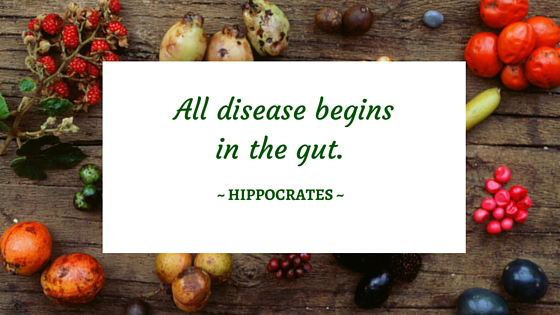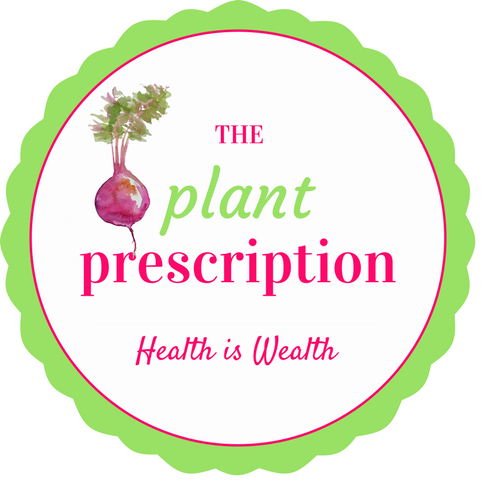I have recently become obsessed with Kombucha. It is becoming so much more accessible and can be found in most health food stores, grocery stores, and recently – even at Costco! Although I have not consumed a soft drink in ages (my mom, a health-conscious woman who taught me a lot growing up about wellness, rarely if ever allowed pop to be in our household), I find that the taste and “fizziness” of Kombucha is comparable to that of a soft drink. I have also noticed, since drinking Kombucha regularly, I do not have as many sugar cravings. I currently have my very first homemade Kombucha brew fermenting, and will be able to taste it within a week or so (I will be sure to post about it!). Although Kombucha seems like a new ‘health trend’ that is only now emerging, it has actually been consumed for many years as a traditional food in various cultures around the world. The first recorded use of Kombucha came from China in 221 BC (Wow!). The Chinese folks called it the “Tea of Immortality”. From there, it spread to Europe, Russia, Japan, and Poland, to name a few. Kombucha is full of antioxidants and probiotics, which promote vibrant health and longevity in those who consume it. So, what is this mysterious drink, you ask? Follow along and you will soon find out! ♥
Simply put, Kombucha is a fermented drink made with tea, sugar, and a Kombucha culture (AKA a “Scoby” or “Mother”, named that way due to its ability to reproduce). This Kombucha culture is a symbiotic colony of bacteria and yeast, and it is what ferments the sweetened tea (it literally eats up the sugar and caffeine!). This healthy drink contains an abundance of probiotics, antioxidants, B vitamins, and various enzymes. For more information on the actual process of brewing homemade Kombucha, I highly recommend checking out my friend Stephanie Burke’s blog over at TheUrbanLily! She is basically the queen of Kombucha, and has taught me everything I know about making my own homemade brew. 🙂
In recent years, a lot of research has emerged on the incredible health benefits of probiotics and the role of the microbiome in our overall well-being. The gut is a fascinating organ and has a lot of control over how we feel and whether we experience health or disease. There is a reason it is often called our ‘second brain’ and, as Hippocrates put it: “All disease begins in the gut”. Traditional cultured/fermented foods such as sauerkraut, kefir, and kombucha used to be a staple in the diet of our ancestors; however, the Standard American Diet (aptly abbreviated SAD) is devoid of those kinds of foods, and instead comprises processed, sugar-filled, highly inflammatory foods that seriously lack in nutrients. It is no wonder that we are seeing sharp rises in diseases of the digestive system, such as Crohn’s disease and Gastroesophageal Reflux Disease (or GERD). Probiotics are key for digestive health, especially for individuals who are taking or have taken antibiotics in the past. Since antibiotics wipe out both the good and the bad bacteria, it is essential to introduce probiotics to basically ‘build up the army’ of beneficial bacteria in the body again.

Aside from probiotics, Kombucha contains a large amount of antioxidants from the tea that gets fermented. Antioxidants are found in fruits, vegetables, and herbs, in addition to teas, and offer protection against cancer. They interact with the highly reactive free radicals and neutralize them, preventing them from causing damage to the cells of the body. Another compound found in Kombucha that is protective against cancer is Glucaric Acid. Glucaric Acid and its derivatives inhibit b-glucuronidase, an enzyme associated with an increased risk for various cancers. By doing so, it promotes the detoxification of carcinogens. Beneficial enzymes and B vitamins in Kombucha help boost energy and can even improve metabolism.
{SIDE NOTE: Many individuals claim that natural products lack in clinical trials performed on the said products, compared to man-made pharmaceuticals. Keep in mind that the patent law is a key player in this – you cannot patent a natural product like you can with a pharmaceutical. A pharmaceutical company will invest a large sum of money to go through with clinical trials, because in the end, they can patent that product and protect it (and charge a crazy amount for their product/drug). Investing in clinical trials is often not feasible for natural product manufacturers – the cost is enormous and they are not able to patent and protect their natural product (and nobody would pay $100+ for a bottle of Kombucha when you can make it at home – because it’s a natural product). Therefore, although there may not be an extensive amount of research to date on the health benefits of Kombucha as a whole, there is a fair amount of research on the individual compounds in it.}
It is a good idea to ask your Naturopathic Doctor if Kombucha is right for you. Individuals with a compromised immune system, Diabetes, IBS (due to small amount of caffeine that may cause irritation), and pregnant women (due to trace amounts of alcohol and caffeine) may want to exercise caution and avoid consuming Kombucha. For most individuals, however, Kombucha offers exceptional health benefits and promotes an optimal, flourishing microbiome that will influence everything from the immune system to the activity of hormones!
Yours in good health,
Emily ♥
* To learn more about the microbiome, I highly recommend reading the book “The Microbiome Diet” by Dr. Raphael Kellman, MD.
* To find out all about how to make your own homemade Kombucha brew, visit: https://theurbanlily.wordpress.com/




Wow! I’m going to have to get some next time I’m in the big city. Very well written and informative.
LikeLike
Looking forward to learning how to make it since we can not get it out here. I will keep watching for your next blog. Thank you Emily.
LikeLike
❤ Awesome post!!
LikeLike